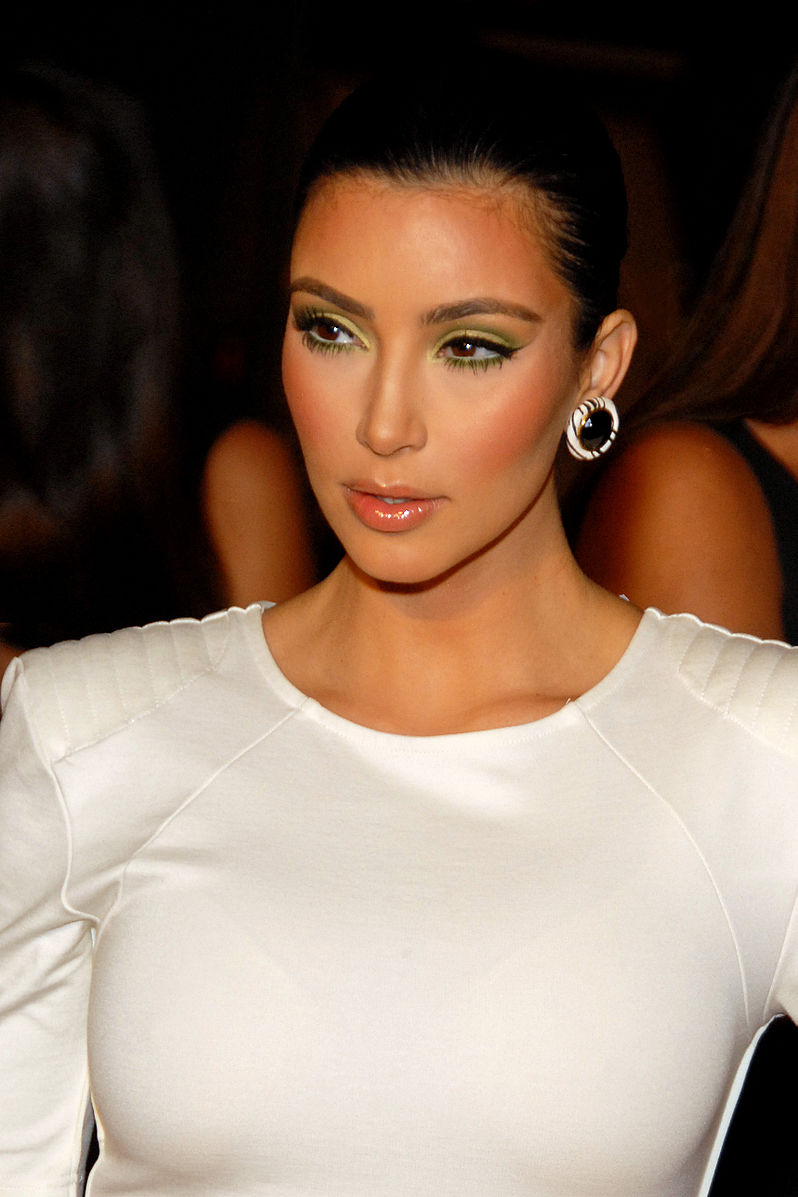
This past weekend, CBS Sunday Morning (my former employer) ran a piece about Kris Jenner, the mother behind not just the hit TV series Growing Up Kardashian, but also the billion dollar + industry they have created by becoming and exploiting their fame as 'online influencers'.
Ms. Jenner (formerly Kardashian) was quite blunt in explaining that the girls often charged 6-figure and sometimes 7-figure sums to simply promote some costmetic or hair or food or God only knows what other product online.
It's a business.
The arrival of the Internet, and Instagram and Facebook in particular, have turned the advertising world upside down.
In some ways, the notion of an endorsement is rather old. In Britain, Royal warrants have been sought after for centuries. It was a way of guananteeing the quality of a product - so good that even the Queen recommeds it. But Royal Warrants were hard to come by and had to be earned. Anyone with six figures, or seven apparently, to spend, can now command the endorsement of The Kardashians - whatever that is worth - but apparenlty it is worth quite a lot.
Last fall, Adobe and agency Pereira O’Dell invited young creators to come up with a movie poster--for a film that hadn’t even been made yet. For the “Movie Poster Movie Contest,” they were free to conceive the poster for whatever genre they desired, and ultimately, the winner would serve as inspiration for a real short film, to be directed and written by Zach Braff, perhaps best known for his nine-year run as the star of “Scrubs,” but ialso an accomplished director. (He wrote, directed and starred in “Garden State” and has also helmed spots for Dunkin’ Donuts as well as music videos for Josua Radin and Gavin DeGraw).
The film that Braff made is a stunning rebuke of the whole 'influencer' culture, and also very very clever.
A lot of people spend a lot of time and effort (and money) making endless streams of videos and selfies in the hopes that they also might become online influencers and get paid millions by corporations seeking ride on their fame.
In a U.K. poll, 1 in 3 children aged 7 to 16 said they hoped to be a full-time YouTuber when they grew up. Only a third as many said they wanted to be a doctor or nurse.
It's an interesting idea, but statistically less than likely that they will succeed. In a recent study by Forbes Magazine, 96.8% of those who try to become YouTube influencers fail, while remaining 3% bring in an average of $16,500 a year. The US povertly level is $12,500 a year. And it takes a LOT of work to break into the 3%.
For the most part, your odds on winning the lottery are better. But playing the lottery is not really the most intelligent of careers, and neither, it would seem. is trying to be an online influencer.


